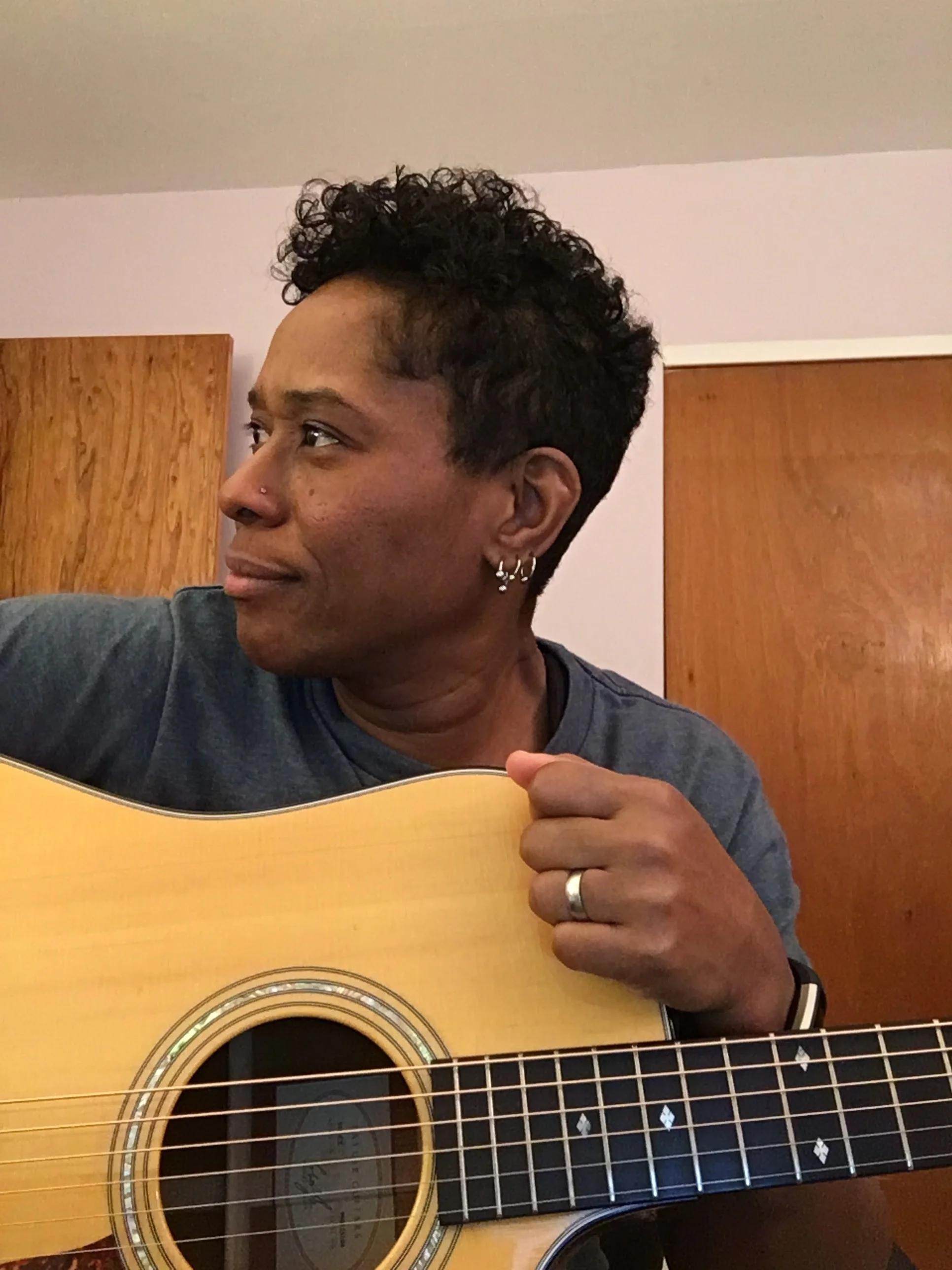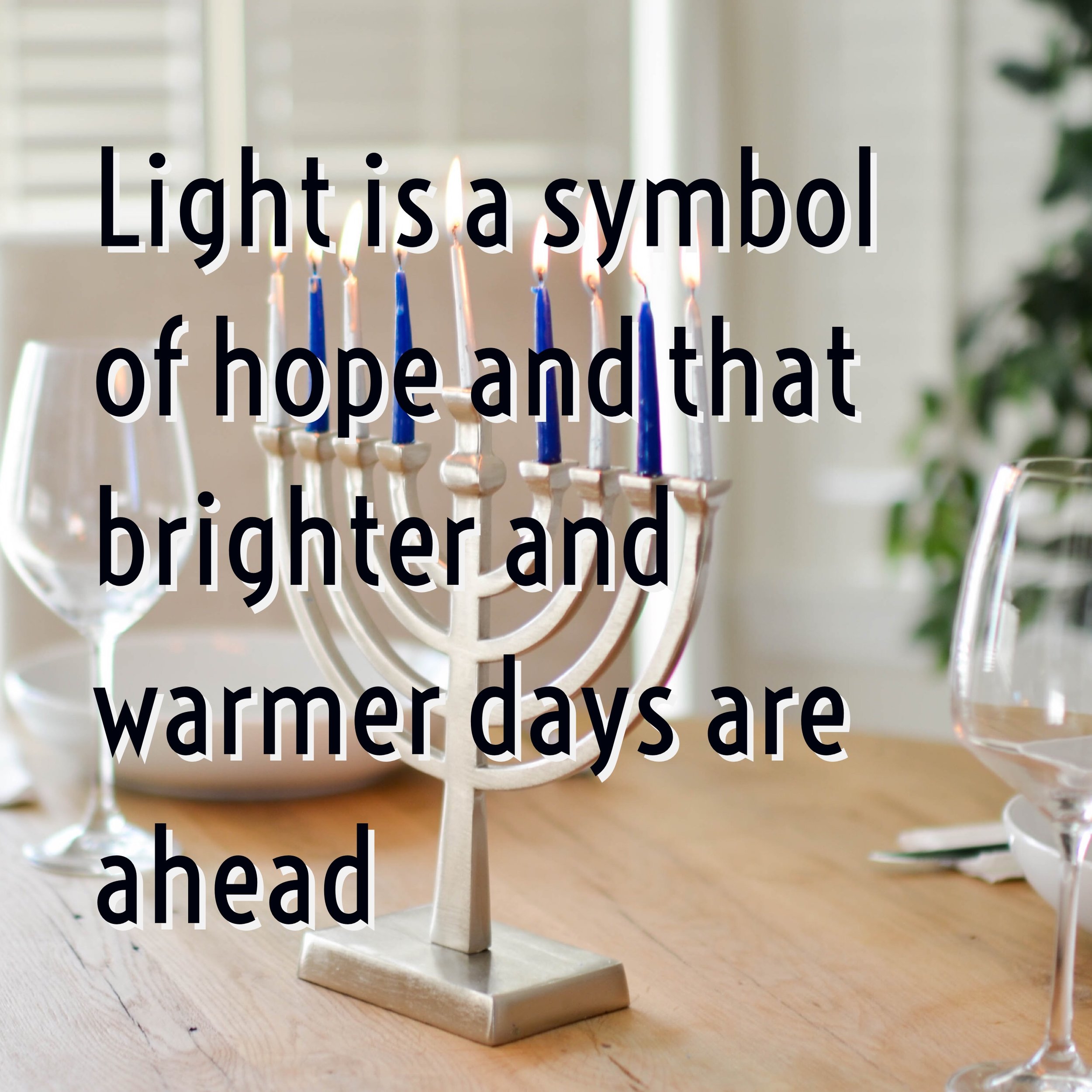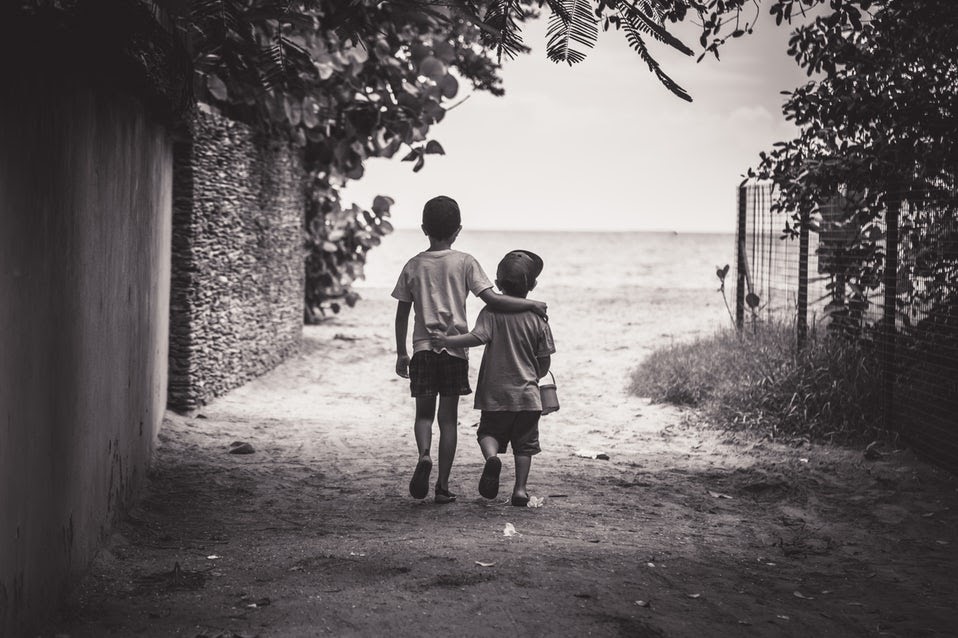What does is your purpose in life? Are you called to something ?
Episode 46: Mikeitz and Hanukkah
Episode 45 Vayeishev: Dare to Be Different
Joseph is someone who dared to be different and he dared to dream big. In what ways are you like Joseph?
Episode 44 Vayetze: God is In This Place
We are often reminded of the awesomeness of God in the spectacular moments in our lives and those are moments when we may find ourselves especially open to a connection with God
But it's also possible to experience God's presence in the mundane everyday moments of our lives. And then like Jacob we can exclaim "God is in this place"
Episode 43 Toldot: Never Seek Your Sibling’s Blessing
There is a lot happening in this week’s Torah Portion. Do you have a sibling? Are you rivals? Check out this week’s podcast.
Episode 42: Vayeira and Hospitality
Let’s talk about what it means to be a good host. In this week’s podcast, we have two examples of hospitality, one good and one gone mad.
Episode 41 Minutes of Torah: Was Noah a Righteous Dude?
Episode 40: My Sukkot Message for 2017
I’ve spent quite a bit of time thinking about the kind of Jewish community that I want to help build and be a part of, not just as a Rabbi but as a member of the community. It’s important for me as a rabbinical student and future Rabbi to find ways to connect with as many Jews as possible. Not just the ones in our shuls, or other Jewish organizations but the ones that go unnoticed, we often call them the unaffiliated.
Episode 39: Oseh Shalom a Prayer for Peace
“Oseh shalom bimromav Hu ya’aseh shalom. May the One who makes peace from heaven above.”
Jerusalem 2015
On this episode of Jewish prayer. I'm focusing on prayers of peace. A universal truth in Christianity, Judaism and Islam is the idea of treating others the way we want to be treated. Or Love your neighbor as yourself. This is often referred to the Golden rule.
“I am human and I am free
Watch me fly above the trees
You can hear my cry and you can hear my roar
but you can’t take away my soul”
In 2015 I lived in Jerusalem as part of my training to become a rabbi, I was fortunate to go on a trip to East Jerusalem sponsored by Encounter. The purpose of the trip was to listen to Palestinians tell their stories about their realities of living in Jerusalem.
“We’ll fight and we’ll cry and we’ll even abide
We’ll say goodbye just to stay alive
And the day will come to have dignity again”
Below is the video of me singing this prayer for peace on my balcony in Jerusalem
Here is the audio if you just want to listen.
Episode 37: Minutes of Torah -Nitzavim -Vayeilech. We Stand Before You and Choose Life
I'm really excited about this podcast. I've made some changes and I hope you like them.
We are entering the holiest time of the year beginning with the Jewish New Year Rosh Hashanah. This week’s Torah portion is a double portion Nitzavim - Vayeilech. We have come to the last day of Moses' life and he has gathered all of Israel, one final pep talk. Moses tells them that if they observe the commandments, great things will happen to them but if they don't and they get to the other side and decide to forsake god then bad things will happen. He’s like look You can choose to be happy and have joy in your life or to be unhappy and complain. You can be Be thankful or not. You have the choice of life and death, blessing and curse I want you to choose life.
Episode 36: Waking up with gratitude -The Jewish Prayer Modah Ani
This is our first episode on Jewish Prayer. Let’s Talk about Modah Ani or if you identify as male it’s Modeh Ani
I really am a morning and it’s so important to start your day off with gratitidude.
Modeh/Modah Ani:
מודה אני לפניך מלך חי וקים שהחזרת בי נשמתי בחמלה, רבה אמונתך.
Modeh/Modah ani lifanecha ruach chai v’kayam shehechezarta bi nishmahti b’chemlah, rabah emunatecha.
I offer thanks to You, God, for You have restored my soul within me; You God are awesome.
Modeh/Modah is said immediately upon rising before we get out of bed and should be the first words we utter every morning.
When we recite Modeh/Modah Ani we are essentially thanking G-d for giving us another day. We wake up grateful instead of thinking about what may have happened the previous day and our first conscious thoughts are spent expressing, “thank you.”
I understand that things are not always great and there are often rough times but it’s nice to wake up and kind of remind ourselves to be thankful instead of thinking about the stuff that weighs us down. Basically, if we wake up with a sentiment of gratitude, we feel grateful, and we can continue with a more positive day
Start your day with gratitude. Be grateful and thankful for each day we are here.
Modah Ani - I thank you you God for restoring my soul in me and giving me another day in this body. You God are Awesome!.
Check out my original version of Modah Ani below
Here is a video version of me singing Modah Ani on my balcony in Jerusalem
Episode 35: The Times are a Changing
In this episode I'm discussing future changes for the podcast
Episode 34: Minutes of Torah -Ki Tavo - Remember Where You Came From
Episode 33: Ki Teitzei - Be Mindful of Our Behavior
Episode 32: Shoftim - Justice Justice You Shall Pursue
This week's Torah portion urges us repeatedly to pursue justice. The Torah uses the phrase “Tzedek tzedek tirdof” צֶדֶק צֶדֶק, תִּרְדֹּף (“Justice, justice, you shall pursue”) The verb tirdof is in the imperative, commanding us to engage in the work at hand. It teaches us to pursue the goal of Justice through means that are just and teaches us: Justice for ourselves and justice for the other.
Episode 31: Re'eh Choose Your Path
We are human beings with free will and we get to choose the right and just path. The right path is to follow God and strive to always do what is right.
Episode 30: Matot-Massei - Cities of Refuge
This is the last Torah Portion from the book of numbers. The Israelites are so close to the promised land but before they can enter the promised land God tells Moses that they must create cities of refuge. Today we might call them Sanctuary cities. Today when we are talking about Sanctuary cities we are talking about protecting undocumented immigrants in the United States.
The Torah Laws related to the cities of refuge are unique. The Torah says that when a person accidentally kills another person he may flee to one of these cities. The Torah says that as long as a person is within the boundaries of one of these cities they will be protected. These cities were intended for everyone, Israelites, and non-Israelites all were protected by God.
This week’s Torah portion is talking about people who accidentally kill but I can’t help but draw a connection between to our obligation to protect human life. There are so many people in our world who are seeking protection, a city of refuge a city of refuge.
Episode 29: Balak - Ma Tovu a Curse Becomes a blessing
Ma tovu….How great are your tents, O Jacob, your dwelling places, O Israel! These words are the opening lines of a prayer that many Jews say when entering a synagogue. These words appear in this week’s Torah Portion in Number 24:5. Where Balaam is sent to curse the Israelites. But instead, Balaam is overcome the awe and awesomeness of God and the Israelites' places of worship. Rashi says that Balaam is overcome by the modesty that the Israelites maintained while traveling in the desert. So even though Balaam was sent to curse the Israelites the words that come out of his mouth are actually a blessing a blessing of praise.
Episode 28: Chukat, Grief and Loss
In this week’s Torah portion we learn that Miriam dies She is the sibling of Aaron and Moses. A funny thing happens when Miriam dies; all of a sudden the Israelites are without water. Rabbis of our tradition have long connected Miriam with the water that the Israelites drank and without the water Israelites are in a panic and worried they are going to die of thirst.
So Moses prays to God. God tells Moses to assemble the Israelites and go find a rock and order the rock to yield water. God promises Moses that water will come from the rock.
But Moses does something a little differently instead he strikes the rock not once but twice out of anger. Copious amounts of water come from the rock. Then God Tells Moses he will not be allowed into the Promised Land
Moses has put up with so much why did he strike the rock out of anger. I think Moses is grieving and confronting his own mortality. When people are grieving they may lose sight of their normal emotions and may not act like they normally do and they may be angry.
Moses has lost his big sister Miriam, he knows he is about to lose his brother Aaron. The three of them were a team and now he is told he will not enter into the promised land and Israelites keep complaining and will not let him grieve. I’d probably strike a rock, hit a rock instead of speaking to it.
Episode 27: Korach - Jealousy is Destructive
Korah's Rebellion: He was Jealous and paid the ultimate price with his life









